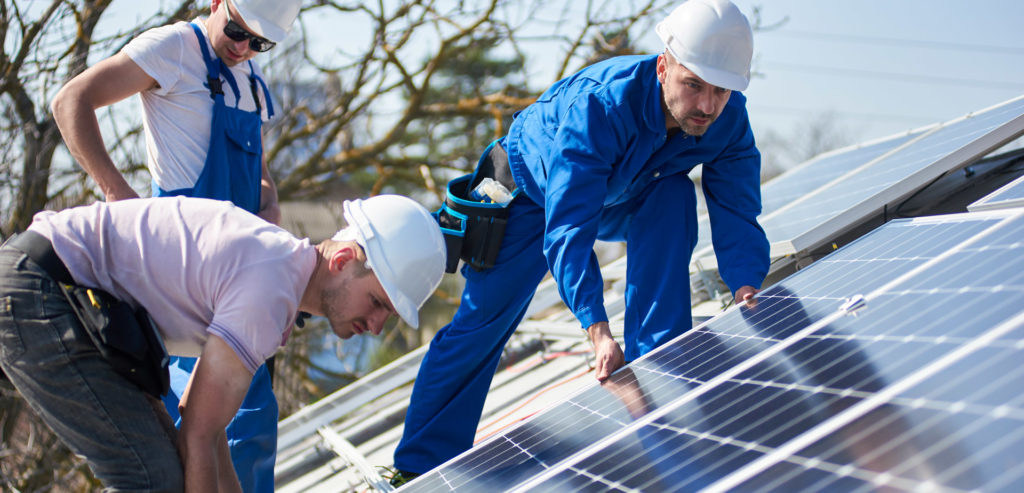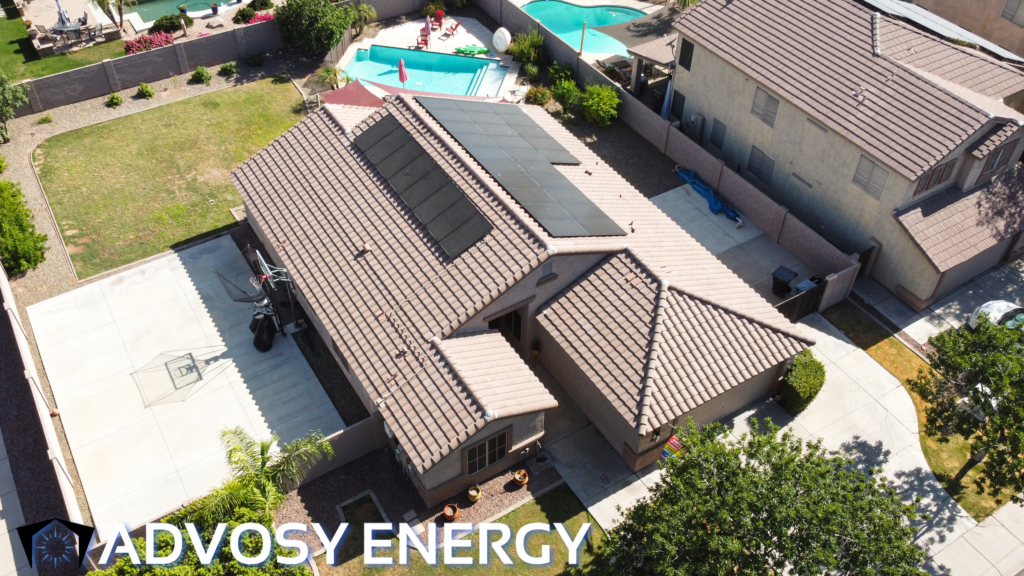With the rising cost of traditional energy sources and concerns about the effects of burning fossil fuels, more and more people are looking for alternative ways to power their homes. Green energy is a term used to describe renewable forms of energy that cause less harm to the environment than traditional sources.
Green energy includes solar, wind, geothermal, hydroelectric, and biomass sources that don’t rely on finite resources like coal or oil. These renewable sources use natural processes like sunlight or moving water to generate electricity without producing pollutants or drawing down limited fuel supplies.
What is the difference between green energy and clean energy.
The terms green energy and clean energy are often used interchangeably, but there is a significant difference. Green energy refers to renewable sources that don’t produce any pollutants or greenhouse gases when generating electricity.
Clean energy can be either renewable or non-renewable sources (like nuclear) that still produce low-to-zero emissions. While both are important in transitioning from fossil fuel reliance, green energy is the only source of power that doesn’t rely on limited resources or cause environmental damage.
Green energy has become increasingly popular in recent years due to technological improvements that have made it more accessible and efficient. For example, solar panels are now much more affordable than they used to be and can generate consistent power even on cloudy days. Wind turbines can now be installed in residential areas, and new designs are more efficient than ever.
Different types of green energy.
There are several forms of green energy that can be used to power homes and businesses. The most common sources are solar, wind, geothermal, hydroelectric, and biomass.
Solar power.
Solar energy is harnessed from the sun’s rays using photovoltaic (PV) cells, which convert sunlight into electricity. Solar panels can be installed on rooftops or in open fields and generate power even on cloudy days.
Wind energy.
Wind turbines capture the kinetic energy of moving air to generate electricity. They have blades that spin in the wind like a fan and are usually located in rural areas with strong winds.
Geothermal power.
Geothermal plants use underground heat to produce steam that powers an electric turbine. These plants are often located near volcanoes or areas with high concentrations of geothermal energy.
Hydroelectric power.
Hydroelectric plants use the power of falling water to generate electricity. These plants are usually built near rivers and dams that can be used to create a large amount of energy with minimal environmental impact.
Biomass.
Biomass, or organic material like wood chips, agricultural waste, and animal manure, can also be burned to produce steam and generate electricity. The most commonly used form of biomass is burning plant matter for fuel, but other forms, such as anaerobic digestion (or breaking down organic matter in the absence of oxygen), are becoming more popular.
While these are some of the different types of green energy sources, there are many other ways to generate electricity without relying on finite resources. In addition, using renewable energy sources in combination with traditional ones can significantly reduce emissions and save money on monthly bills.
Advantages of using green energy.
Green energy has many advantages that make it an attractive and responsible choice for businesses, households and communities. Using green energy helps minimize our impact on the environment, reduces pollution and lowers greenhouse gas emissions. Additionally, green energy can help reduce dependency on non-renewable sources of electricity generation such as oil and coal.
Green energy also offers economic benefits for both businesses and consumers in terms of cost savings. Solar power is free once you have set up the necessary equipment, allowing you to generate your own clean electricity with no ongoing fuel costs or fees associated with grid connection.
Similarly, other forms of renewable energies such as wind, hydroelectricity, and geothermal are also cost-effective solutions that provide clean power with little maintenance required afterward.
No matter what type of green energy you choose, it’s important to remember that these sources are essential for reducing our reliance on fossil fuels and protecting the environment in the long run. By making smarter decisions about generating power and conserving natural resources wherever possible, we can create a cleaner future for ourselves and future generations.
Professional solar company in Phoenix, AZ.
If you are looking to venture into the world of green energy, consider working with a professional solar company in Phoenix, AZ. At Advosy Energy, we are a licensed solar provider with years of experience in the industry. Our team will provide you with a customized plan to meet your specific needs and budget, helping you make an informed decision about going solar. Reach out today to learn more about our services and get started on your green energy journey.


